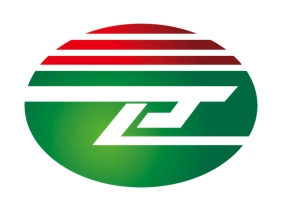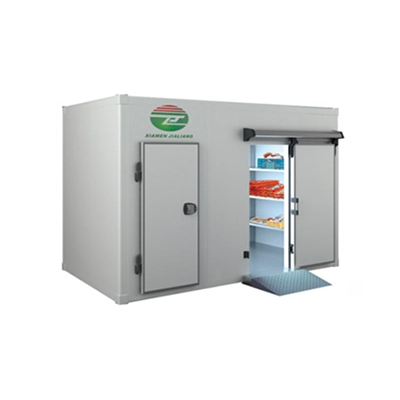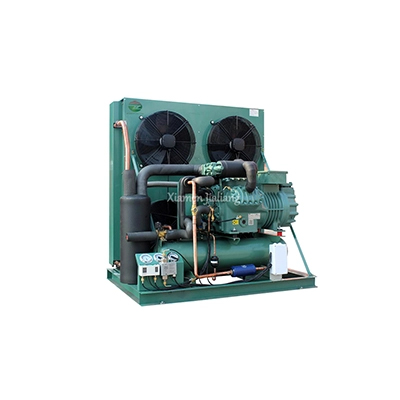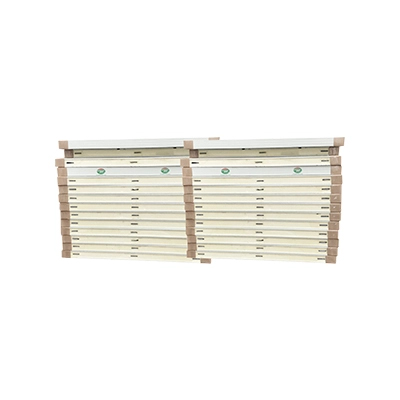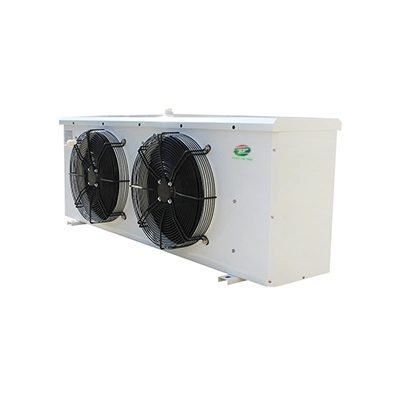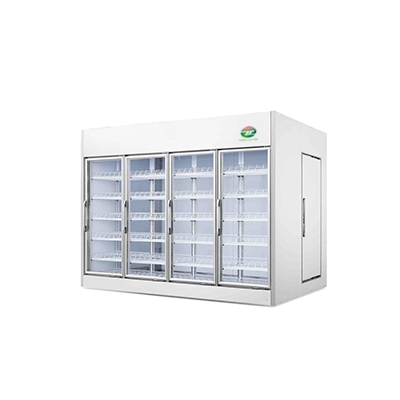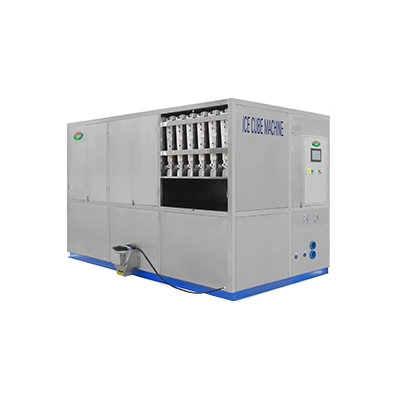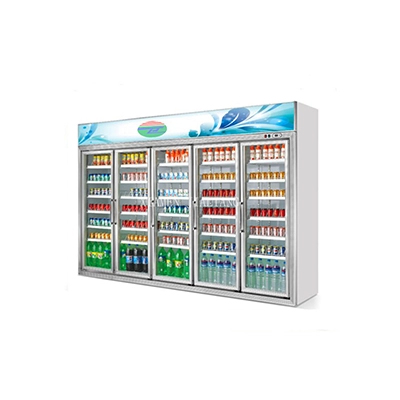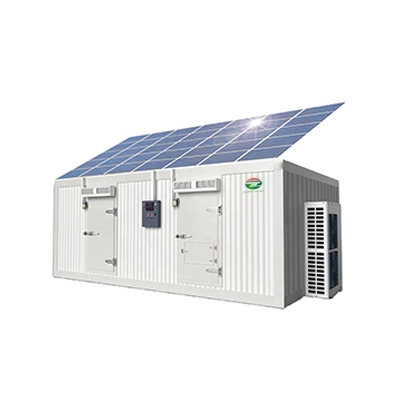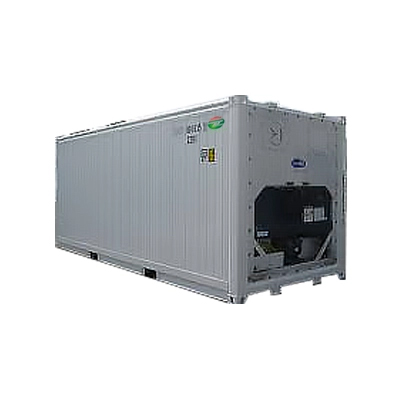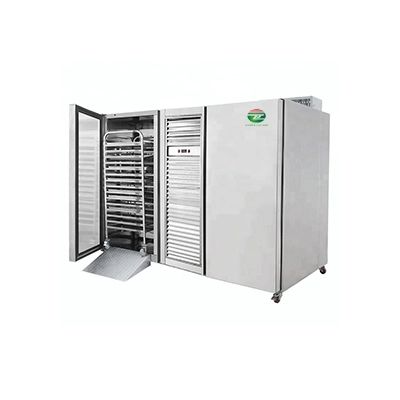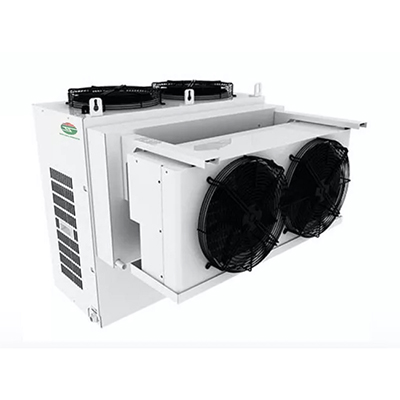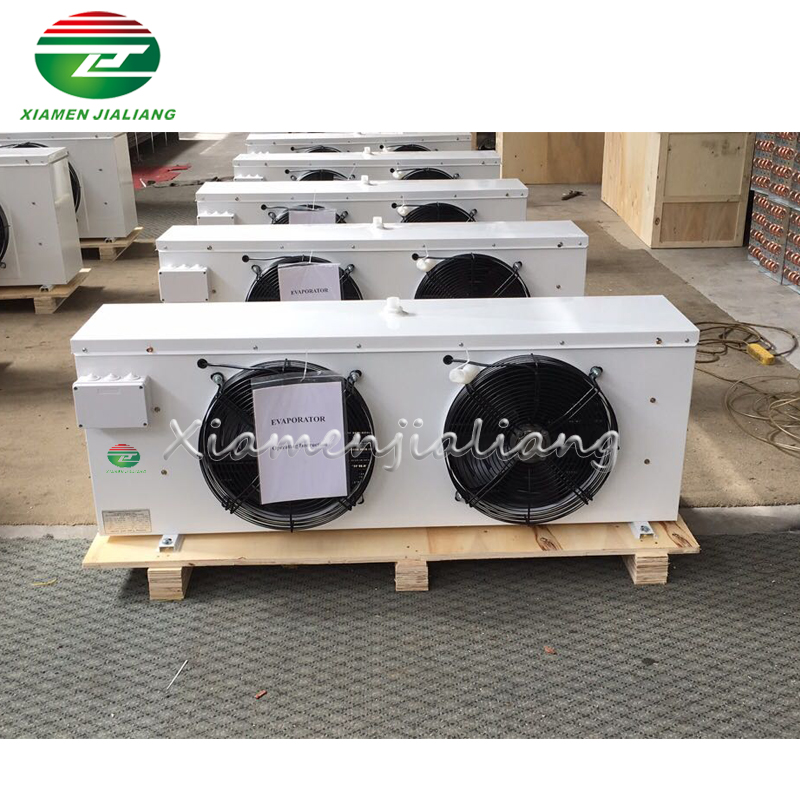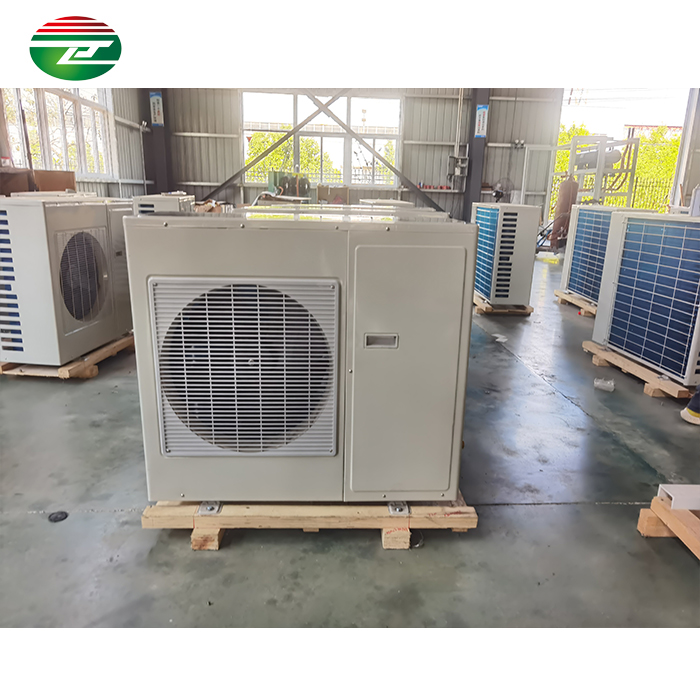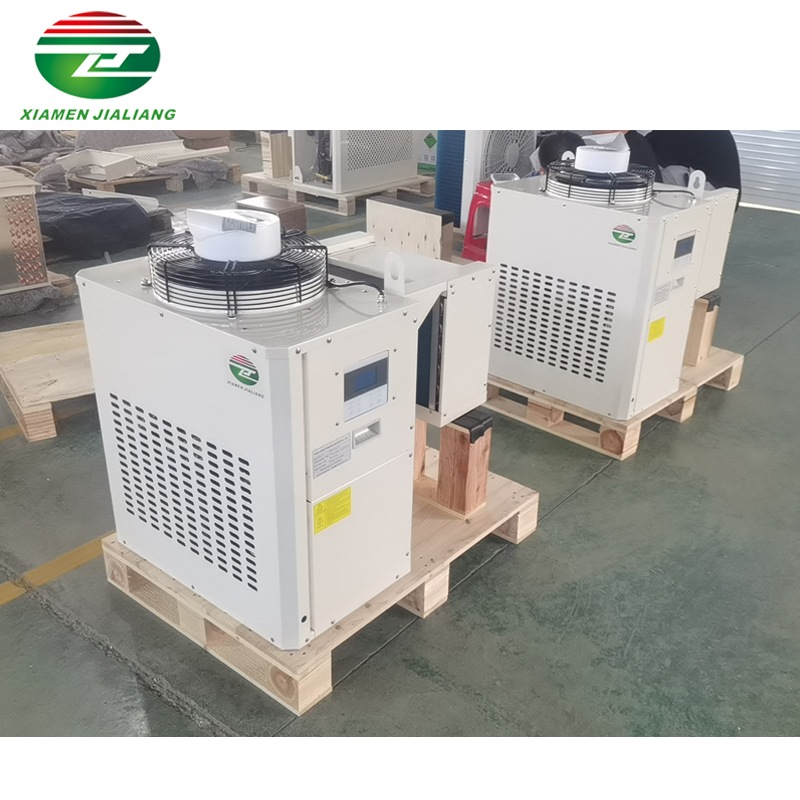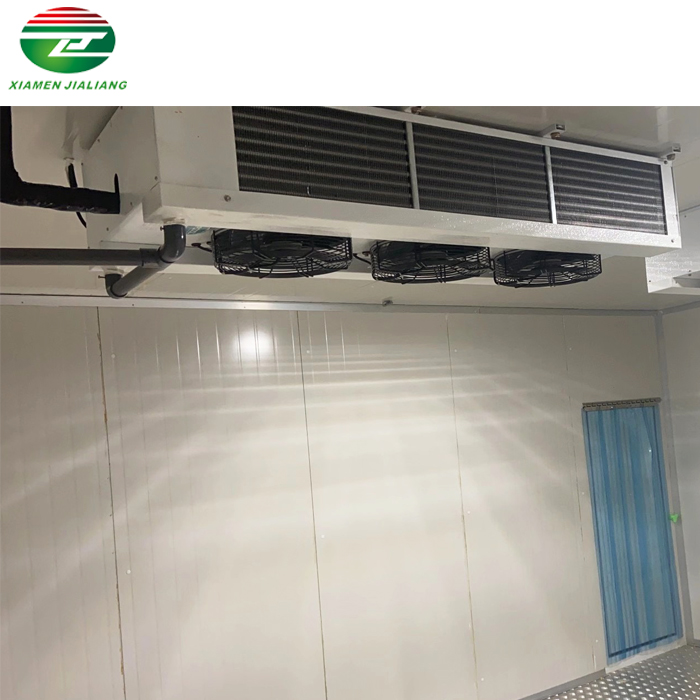What is solar cold storage?
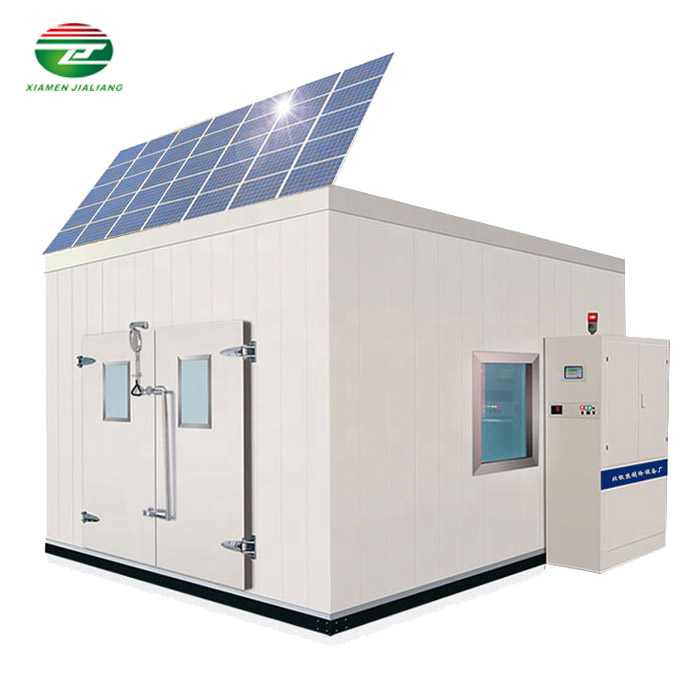
Solar cold storage is a revolutionary technology that is changing the way we store and preserve perishable goods. In this article, we will take a deep dive into the concept of solar cold storage, its applications, and the benefits it brings.
First, it is crucial to understand what exactly solar cold storage means. In short, it is a system that uses solar energy to power a refrigeration unit to store temperature-sensitive items such as food, medicines, and vaccines. By harnessing the power of the sun, this innovative solution offers a sustainable and environmentally friendly alternative to traditional cold storage methods.
Next, we will explore the various applications of solar cold storage. From rural areas with limited electricity to disaster-stricken areas in need of emergency refrigeration, this technology has proven to be a game-changer. Moreover, industries such as agriculture, healthcare, and logistics are adopting solar cold storage to ensure the freshness and safety of products throughout the supply chain.
Finally, we will reflect on the overview of solar cold storage, focusing on the key components and mechanisms involved in its operation. Understanding the inner workings of the system is essential for businesses and individuals who are looking to incorporate solar cold storage into their operations or daily lives.
In conclusion, solar cold storage represents a major advancement in the field of cold chain management. Its ability to harness renewable energy, its wide range of applications, and its potential to revolutionize various industries make it a topic worth exploring in further detail.
Learn about Solar Cold Storage
Solar cold storage is a revolutionary technology that has received a lot of attention in recent years. With the increasing demand for energy-efficient and sustainable solutions, solar cold storage offers a promising solution for preserving perishables in a cost-effective and environmentally friendly way.
A cold room is an essential component of solar cold storage. This is a specially designed space equipped with a temperature control system to maintain the low temperatures required to store perishables such as fruits, vegetables, and dairy products. Unlike traditional cold storage facilities, solar cold storage uses solar energy to power the cooling system, making it an ideal choice for areas with limited electricity.
One of the main advantages of solar cold storage is its energy efficiency. By harnessing the power of the sun, these systems can significantly reduce energy consumption and lower operating costs. The use of solar energy also helps reduce greenhouse gas emissions, making it a sustainable solution for food preservation.
Solar cold storage systems are designed to operate even in remote areas with limited or no access to the power grid. This makes them particularly beneficial for farmers and producers in rural areas, who often face challenges in storing perishable goods. By utilizing solar cold storage, farmers can extend the shelf life of their produce, reduce post-harvest losses, and ensure a steady supply of fresh produce in the market.
In addition, solar cold storage systems are equipped with advanced monitoring mechanisms. These systems allow users to remotely monitor temperature levels, humidity, and other important parameters, ensuring optimal storage conditions. This not only improves the quality and shelf life of stored items, but also minimizes waste due to spoilage.
In order to optimize the effectiveness of solar cold storage, it is essential to maintain proper keyword density. The keyword ‘cold room’ should be included in the article at a density of 3% to enhance SEO. By strategically including this keyword throughout the article, the content will become more discoverable and more relevant to individuals searching for information on cold storage solutions.
Applications of Solar Cold Storage
Solar cold storage is revolutionizing the way we store and preserve perishable goods. With the increasing demand for sustainable and environmentally friendly solutions, solar cold storage offers a viable and efficient alternative to traditional refrigeration methods. This innovative technology harnesses the power of the sun to provide a reliable and cost-effective solution for preserving food, pharmaceuticals, and other temperature-sensitive products.
One of the main applications of solar cold storage is in the agricultural sector. Farmers and food producers can now store fresh produce for longer periods of time without the need for electricity or fossil fuels. This not only reduces their operating costs but also minimizes their carbon footprint. Solar cold rooms are designed to maintain optimal temperature and humidity levels, ensuring that fruits, vegetables, and dairy products remain fresh and nutritious for longer.
Another important application of solar cold storage is in the healthcare industry. Vaccines, blood samples, and certain medications require strict temperature control to maintain their efficacy. Solar cold rooms provide a reliable solution for storing these sensitive medical supplies, especially in remote areas with limited electricity. By harnessing the power of the sun, healthcare facilities can ensure the integrity of vaccines and medications, ultimately saving lives.
Solar refrigeration also plays a vital role in disaster management and relief efforts. During natural disasters or emergencies, the supply of electricity and refrigeration is often disrupted. Solar cold rooms can be quickly deployed to affected areas to provide a temporary solution for preserving food and medical supplies. This not only helps prevent food waste, but also ensures that important resources reach those in need.
Additionally, solar cold storage can be used in the hospitality and food service industries. Restaurants, hotels, and catering services can benefit from solar cold rooms for storing perishable ingredients and prepared meals. This not only helps reduce food spoilage, but also promotes sustainable practices within the industry. By adopting solar refrigeration, businesses can significantly reduce their energy consumption and contribute to a green future.
Reflect on the Outline
When planning and organizing any project, it is essential to have a well-structured outline. Whether it is a simple task or a complex project, an outline acts as a roadmap, guiding us through the process and ensuring that we stay focused and on track. Reflecting on the outline not only helps us evaluate our progress but also allows us to make the necessary adjustments to achieve our desired goals.
An important aspect to consider when reflecting on the outline is the logistics involved, especially when it comes to projects that require specialized storage facilities. Take, for example, the need for a cold room. These temperature-controlled rooms are essential for industries such as pharmaceuticals, food processing, and scientific research. They provide an ideal environment for storing perishable goods, preserving their quality, and extending their shelf life.
When reflecting on the outline, it is important to ensure that the cold room is included as a key component. By incorporating it into the plan from the outset, we can allocate resources efficiently and make informed decisions. From the size and location of the cold room to the equipment and technology required, every detail needs to be carefully considered. This way, we can avoid any potential setbacks or delays that may occur by overlooking this important aspect.
In terms of keyword density, it is critical to incorporate the term ‘cold room’ in a natural and organic way. This means using the keyword strategically throughout the paragraph without overstuffing or force-including it. Maintaining a 3% keyword density ensures that the article remains optimized for search engines while still providing valuable and readable content for the audience.
Reflecting on the outline also allows us to evaluate the overall structure and flow of the project. It gives us the opportunity to identify any gaps or missing components that need to be addressed. By taking the time to reflect, we can make informed decisions and streamline our approach, ultimately leading to a more successful outcome.
Conclusion
Solar cold storage is a revolutionary technology that offers numerous benefits in terms of energy efficiency, sustainability, and improved storage conditions. It can operate off-grid and harness the power of the sun, making it a viable solution for preserving perishables in both urban and remote areas. The applications for solar cold storage are varied, from agriculture to healthcare, disaster management, and hospitality. By harnessing the power of the sun, it reduces reliance on traditional refrigeration methods and helps combat climate change. Reflecting on the outline is essential to assess progress, make adjustments, and ensure that all key elements, such as cold room, are included. Incorporating the keyword ‘cold room’ Strategically optimize content for search engines without compromising readability. Overall, solar cold storage provides a sustainable and efficient solution for preserving perishable goods and contributes to a greener, more sustainable future.
